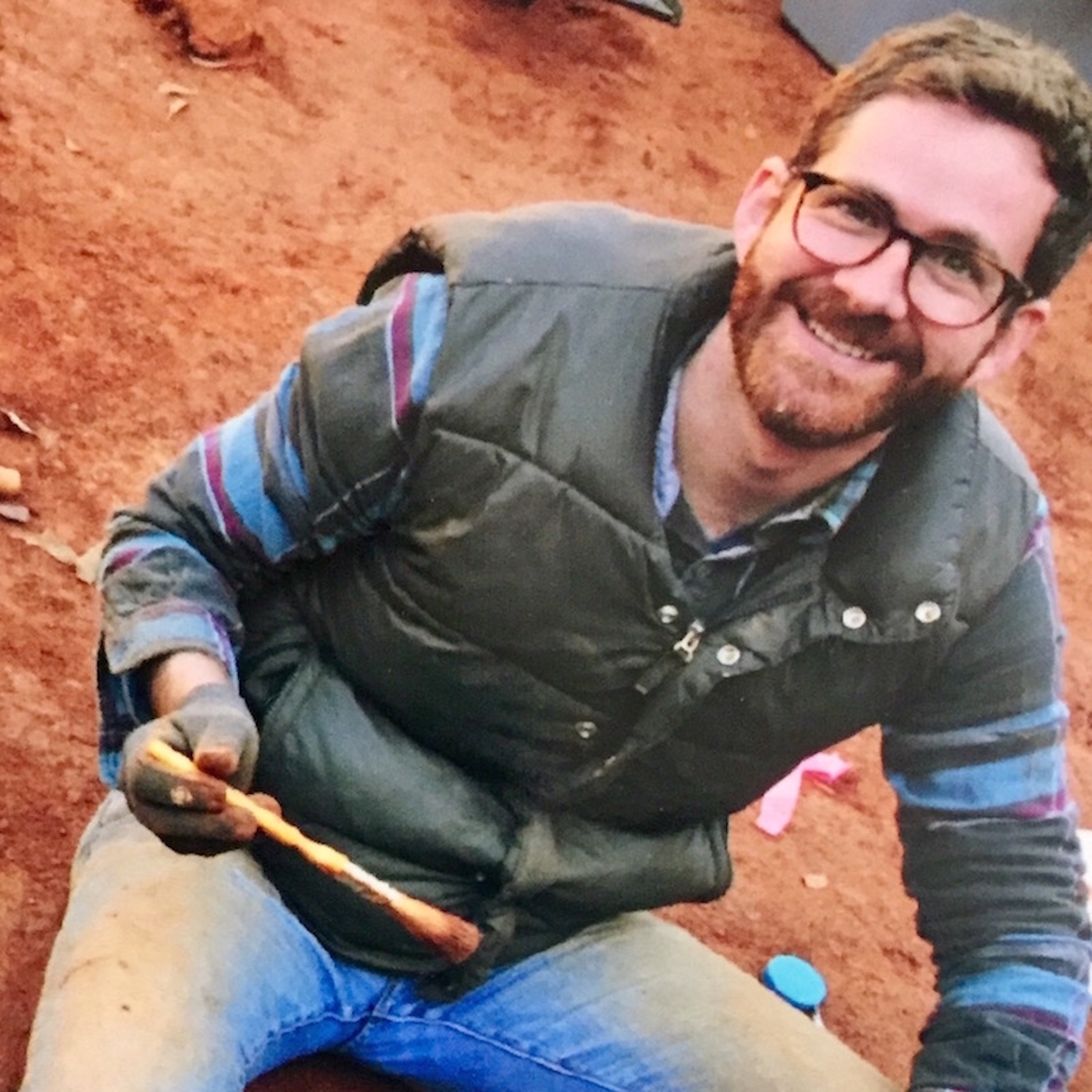About
Research Interests: Early life growth and developmental plasticity, the Developmental Origins of Health and Disease (DOHaD), colonialism and social inequality, stable isotope and trace elemental analyses, dental anthropology.
My bioarchaeological research centers on connections between childhood health and later life health outcomes and mortality risk in the context of social inequality. I have explored this link in multiple contexts, including Spanish colonialism in North and South America, Greek Colonization in Sicily, as well as in the context of slavery in 19th century Athens, GA.I am currently developing a collaborative National Science Foundation grant with other scholars in our department to compare early life stress and mortality risk between individuals interred in a Roman and Byzantine period attritional and mass grave cemetery at the site of Oymaağaç Höyük, Turkey. This research will address if individuals who experience significant early life stress had increased risks of death in the context of an epidemic experienced later in life. I am also currently involved in archaeological research along the Georgia and Florida coasts. This research is in collaboration with the UGA’s Laboratory of Archaeology, as well as the Muscogee (Creek) Nation, and addresses broader topics related to human-environmental interactions on the Georgia Coast. For example, over the past two years, I have been working on multiple projects using oyster paleobiology and marine shell geochemical analyses (δ18O) to examine coastal foraging practices and environmental variability along the Atlantic and Gulf coasts.
What I am most passionate about in academia, however, is teaching! I have spent the last nine years teaching, interacting with, and engaging students at the University of Louisville, the University of Georgia, and Georgia State University – namely through courses in biological anthropology, as well as archaeology and general anthropology. Pedagogically speaking, my courses are aimed at promoting critical thinking and active-based learning. In my class, students have the opportunity to learn about important and fascinating anthropological topics, including human growth and development, human evolution, forensic anthropology, bioarchaeology, primatology, as well as issues that are relevant in our current social and political climate, such as social inequality and the anthropology of race/racism. Students are introduced to these topics through an array of formats including lectures, multimedia assignments, and fun and engaging activities.

